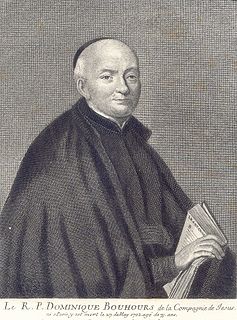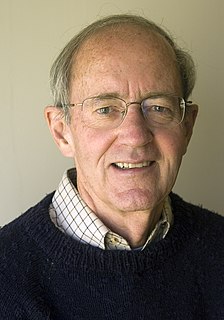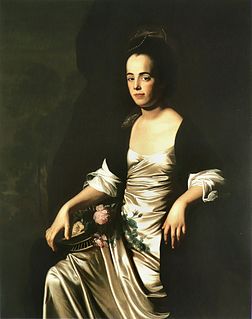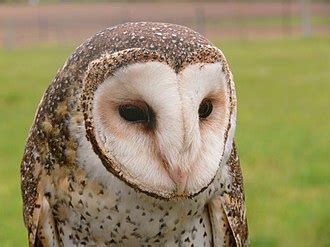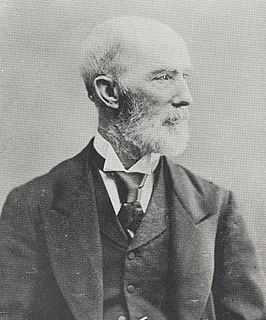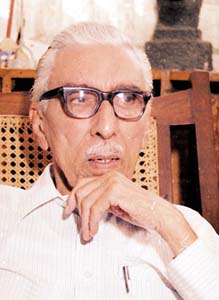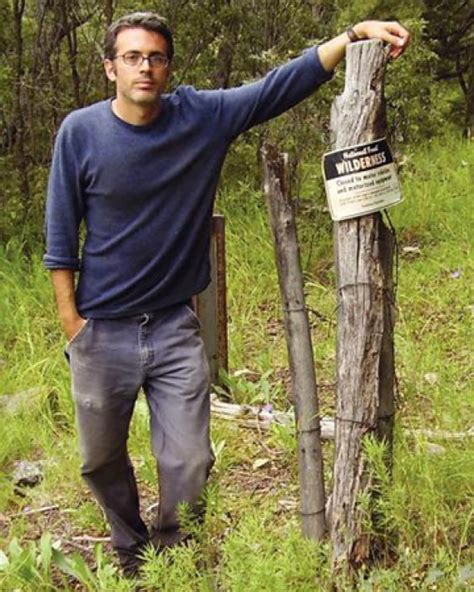Top 80 Quotes & Sayings by Edwin Percy Whipple - Page 2
Explore popular quotes and sayings by an American essayist Edwin Percy Whipple.
Last updated on April 16, 2025.
A composition which dazzles at first sight by gaudy epithets, or brilliant turns or expression, or glittering trains of imagery, may fade gradually from the mind, leaving no enduring impression; but words which flow fresh and warm from a full heart, and which are instinct with the life and breath of human feeling, pass into household memories, and partake of the immortality of the affections from which they spring.
But the conceit of one's self and the conceit of one's hobby are hardly more prolific of eccentricity than the conceit of one's money. Avarice, the most hateful and wolfish of all the hard, cool, callous dispositions of selfishness, has its own peculiar caprices and crotchets. The ingenuities of its meanness defy all the calculations of reason, and reach the miraculous in subtlety.
Do we, mad as we all are after riches, hear often enough from the pulpit the spirit of those words in which Dean Swift, in his epitaph on the affluent and profligate Colonel Chartres, announces the small esteem of wealth in the eyes of God, from the fact of His thus lavishing it upon the meanest and basest of His creatures?
Heroism is no extempore work of transient impulse--a rocket rushing fretfully up to disturb the darkness by which, after a moment's insulting radiance, it is ruthlessly swallowed up,--but a steady fire, which darts forth tongues of flame. It is no sparkling epigram of action, but a luminous epic of character.





